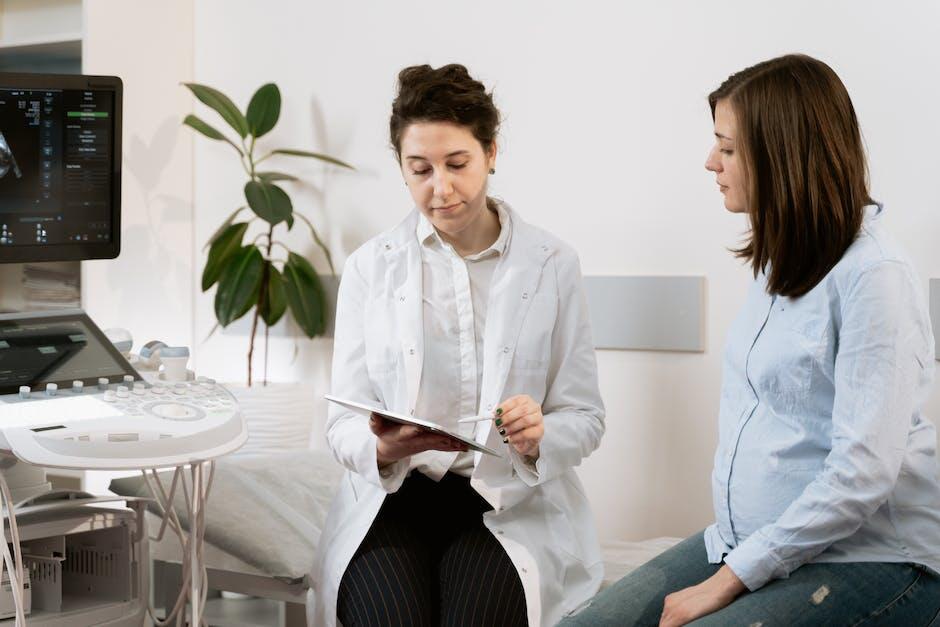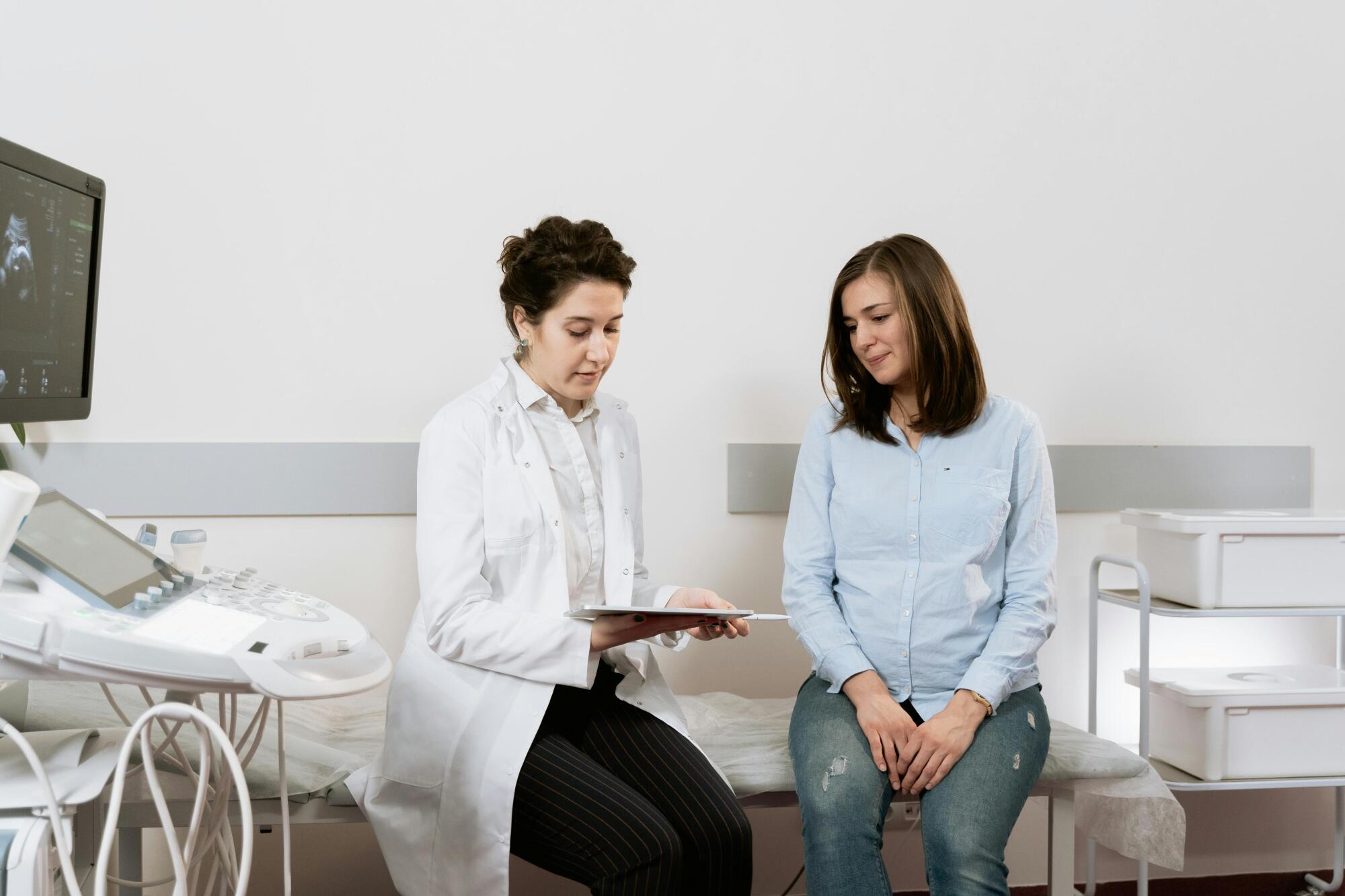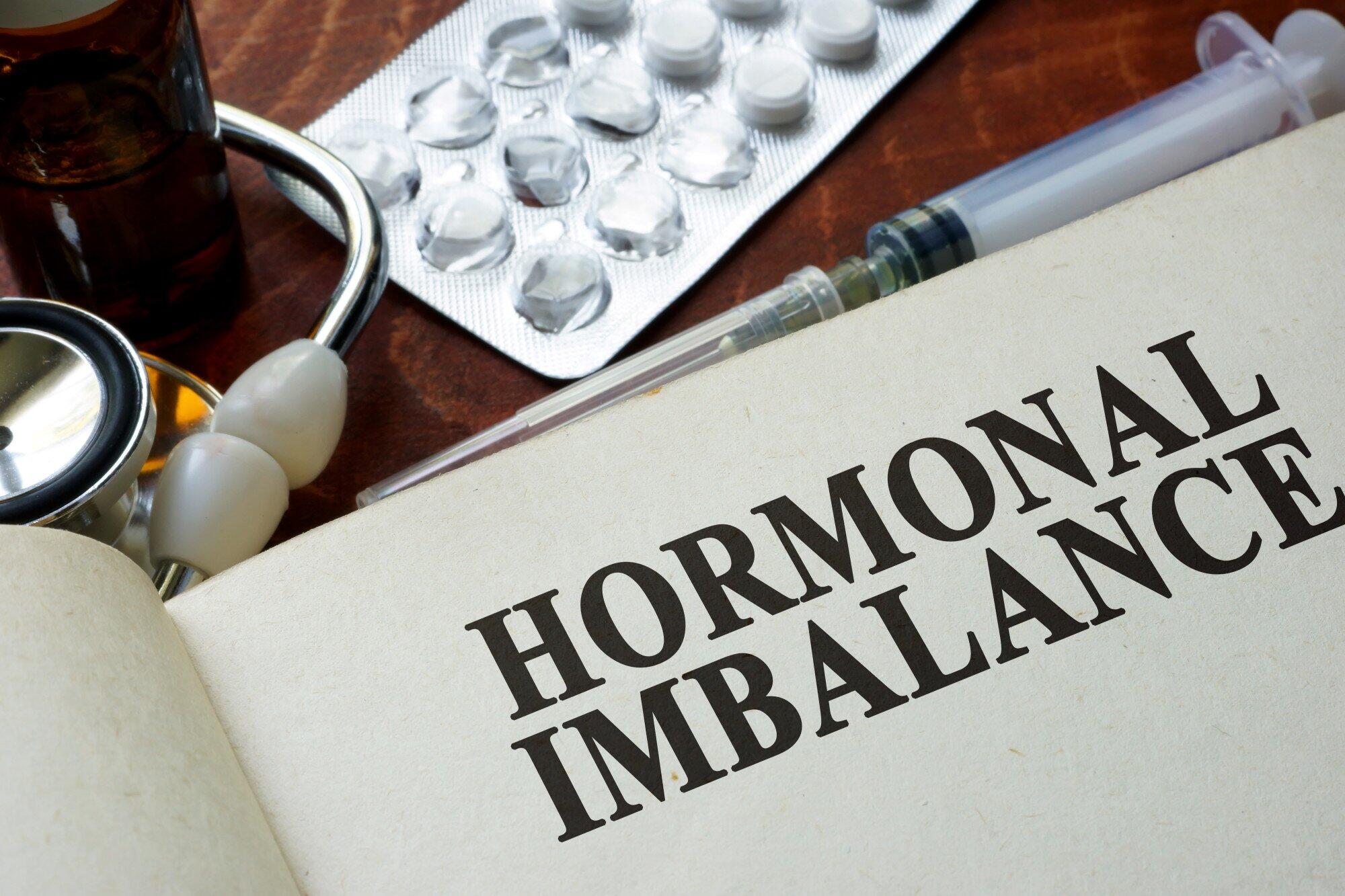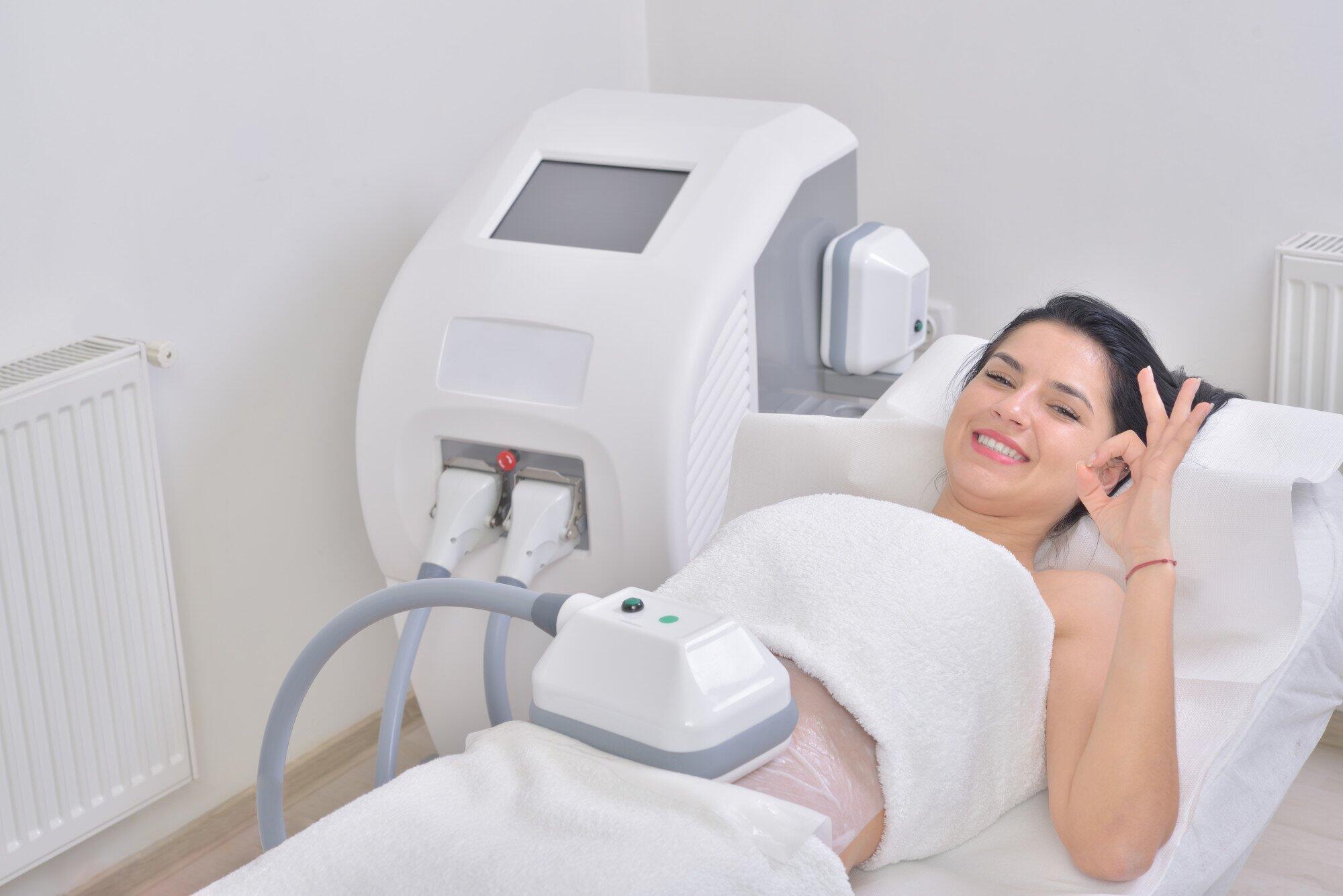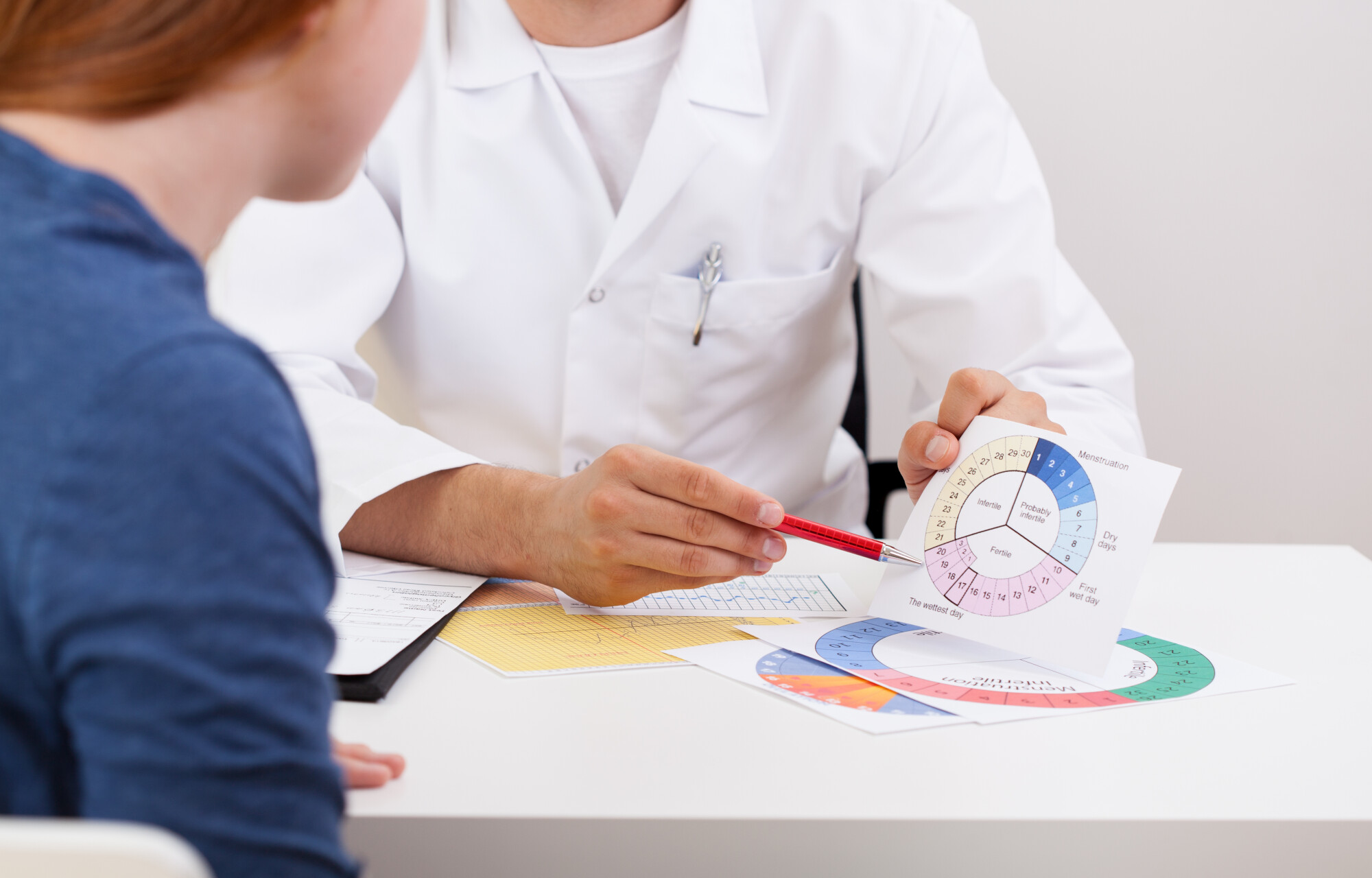How Often Should You Go to the Gynecologist? Expert Advice
There’s a reason why there are an estimated 19,820 obstetricians and gynecologists found in the United States. Millions of women around the country rely on these professionals for their reproductive health.
If you’re experiencing any reproductive issues, whether that’s heavy bleeding or pregnancy problems, you should visit these professionals. However, it’s also important to regularly visit with a gynecologist even if you feel fine.
So exactly how often should you go to the gynecologist? And how do you find the best gynecologist in your area? In this guide, we’ll answer these questions so you can learn more about the importance of regular check-ups with these reproductive professionals.
Why Are Gynecologists Visits Important?
Women have an elaborate reproductive system that’s essential for procreation. This reproductive system also has unique health needs. And, unfortunately, it can be susceptible to a variety of diseases or general dysfunction.
Here are just some of the common reproductive health concerns that women face. This can be true even before it’s put to function, whether that be through intercourse or pregnancy.
It’s also especially true after. As women get older, their reproductive systems become increasingly prone to potential dysfunction. And, of course, there are the possible complications that come with trying to get pregnant, being pregnant, and giving birth.
Whether you’re a young teen, an expecting mother, or an elderly woman, regular gynecological exams are essential. They allow practitioners to catch potential problems early on through women’s health screenings, which can be crucial when treating them.
And, if you are experiencing symptoms related to your reproductive health, these professionals can assist you in finding a solution.
When Should You First Go to the Gynecologist?
Before we dive into how often you should be seeing a gynecologist, let’s start with when teens should first consider going. The American College of Obstetricians and Gynecologists recommends that young women schedule their first visit between the ages of thirteen and fifteen.
This visit will likely include a physical examination to ensure no potential early complications. If there are, then they’ll provide preventative health services.
During these visits, it’s also common to provide educational material and guidance. Teens likely have questions that they might not feel comfortable asking their parents. The first visit will also be a good time to address potential problems the young women might be experiencing.
How Often Should You Go to the Gynecologist?
It’s recommended that you go to the gynecologist at least once per year for what’s known as an annual women’s health checkup. This visit will include a pelvic exam to look for potential complications, as well as a breast exam to examine potential changes in tissue.
Once you turn twenty-one your visit might also include a pap smear. It’s recommended that women get one every one to three years depending on the health history in your family. And once you’re over the age of forty you should also schedule a mammogram.
This will help protect you against the increasing threat of breast cancer. During your annual visit, you should also discuss concerns or problems with your gynecologist. These might include topics related to fertility, birth control, and period problems.
Gynecologist Visits Before, During, and After Pregnancy
If you’re pregnant or trying to become pregnant, you’ll need to see an OB/GYN much more frequently. Before the pregnancy, you can visit them to learn more about ovulation.
They can also check to make sure you’re healthy enough to have a baby and provide you with prenatal vitamins. Once you discover you’re pregnant you should try to schedule another appointment before the twelve-week mark.
From there, you should begin visiting them every four weeks until you get to twenty-eight weeks. After that, you’ll increase the amount to every two weeks until you get to week thirty-six. Once you hit that mark, it should be every week until you give birth.
After your pregnancy, you will need to continue your gynecologist visits to make sure your uterus is shrinking correctly. This is also a good time to address issues like postpartum depression and hormone imbalances.
What Medical Concerns Warrant a Gynecologist Trip?
We’ve discussed when you should go to a gynecologist for a regular inspection. However, if you’re experiencing certain symptoms, you shouldn’t wait months before your next visit.
Certain medical concerns warrant an immediate trip to the OB/GYN as soon as possible. This can include:
- Abnormal uterine bleeding (either in the form of painful periods, heavy bleeding, or no period at all)
- Experiencing pain during intercourse
- Abdominal pain that exceeds normal period cramps
- Vaginal infections or unusual discharge
- Strange lumps around your reproductive parts
If you experience any of these things, schedule an appointment with a gynecologist as soon as their schedule opens.
How to Find the Best Gynecologist
Visiting a gynecologist can make women feel quite physically vulnerable. Not only that, but you also need to discuss personal and potentially embarrassing things related to your reproductive health and sex life.
As such, you want to find the best one around to make sure you’re as comfortable as possible. For starters, consider asking around your network with friends and families.
Or, do a quick Google search. From there, start reading online reviews to see what the average patient’s experience was like. After that, schedule an appointment.
See how they make you feel when it comes to comfort levels, bedside manner, and whether or not they share your values. If you don’t think it’s a good fit, don’t be afraid to keep searching until you find the right gynecologist for your needs.
Need Gynecological Care? Contact Women’s Health of Augusta
We hope this guide helped you answer the question, How often should you go to the gynecologist? As you can see, your gynecologist appointment frequency will depend on your age and condition.
Older or pregnant women will need to see the gynecologist more often. Here at the Women’s Health of Augusta, we know how vulnerable this type of care can make patients.
That’s why we combine gentle, compassionate care with state-of-the-art technology. So if you’re ready to schedule your appointment, get in touch with us today.

